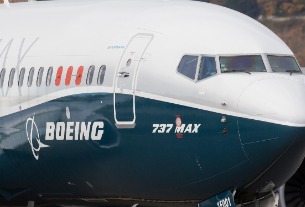
The 2023 hotel request-for-proposals season was fraught with challenges. For many suppliers, it started too late and resulted in rushed response times. Travel buyers often felt the pinch of hoteliers' selective business choices and cited exercises in frustration from properties that engaged with an initial rate but made negotiations so difficult that partnerships were contentious from the get-go.
Through the arduous journey, both sides learned some lessons, but panelists at Tripbam’s BamCon conference in Dallas last month exchanged some pointed remarks, and it was clear from the tenor of conference conversations that frustrations remain as economic uncertainties loom and leisure travel demand—and margins—still outpace business travel.
Both suppliers and buyers had grievances around negotiation choices. For suppliers, the late start added pressure to turn RFP responses around. And whether a negotiation tactic or not, there was some willingness among hoteliers to wait in the hopes that buyers could achieve more clarity around anticipated travel.
“I think a lot of folks were wondering if [they] go later, more of a strategy sort of appears on their side … because if you have a promise of volume, it makes life a little easier through the [RFP] process,” Marriott International global account executive Dave Alston said. According to hotel executives at the conference, however, that clarity didn’t materialize for a lot of buyers, which added a lack of data to tight RFP lead times, compounding the challenge to craft strategic replies.
Read original article




